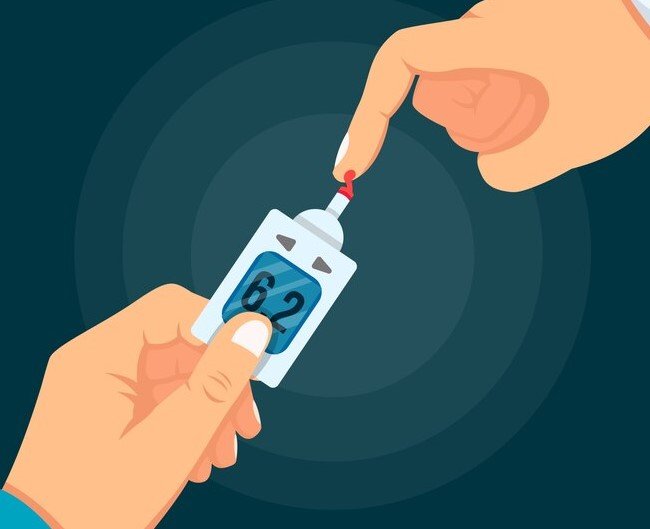Diabetes is a chronic health condition in which blood sugar (glucose) levels become too high. It happens when the pancreas doesn’t make adequate insulin overall. Moreover, the body may not respond appropriately to the effects of insulin.
Diabetes is a disease that people of all ages can be affected by. The good news is that it is manageable with medication and changes in diet and lifestyle.
WHAT ARE THE TYPES OF DIABETES?
There are several types of diabetes. The most common forms include:
Type 2 Diabetes
This is the most common kind of diabetes. Here the body doesn’t produce a normal range of insulin or the body doesn’t respond well to the insulin. This is seen in adults, but children can also suffer from this condition.
Prediabetes
This form of diabetes is what you experience before Type 2 Diabetes. The blood sugar level appears to be higher than the average but not enough to be classified as type 2 diabetes.
Type 1 Diabetes
This is regarded as an autoimmune disease as the body’s immune system attacks and damages the cells that generate insulin due to unidentified reasons. This type of diabetes can be developed at any age but is seen more in young adults and children. Up to 10% of people who have diabetes have Type 1.
Gestational Diabetes
This is a type of diabetes that some women experience in their pregnancy. However, it goes away after the pregnancy period. But you are at a risk of developing type 2 diabetes later.
WHAT CAUSES DIABETES?
There are a couple of reasons why your blood sugar levels are higher than normal, varying with the type of diabetes.
The main causes of diabetes involve:
- Insulin resistance
- Autoimmune disease
- Hormonal imbalances
- can also cause Type 2 diabetes.
- Pancreatic damage
- Genetic mutations
WHAT ARE THE SYMPTOMS OF DIABETES?
Common signs and symptoms of diabetes include:
- Increased thirst aka polydipsia and dry mouth
- Fatigue
- Blurred vision
- Unexplained weight loss
- Frequent urination
- Numbness or tingling feeling in your hands or feet
- Slow-healing sores or cuts
- Common skin and/or vaginal yeast infections
HOW IS DIABETES MANAGED?
There are several ways to treat and manage diabetes. It may affect individuals differently so treatment may differ accordingly. However, there are four key characteristics of managing diabetes.
- Monitoring the blood sugar (glucose) levels
- Taking oral medication for diabetes
- Insulin injections
- Consulting a dietitian and making changes to your diet
- Physical activity and exercise


